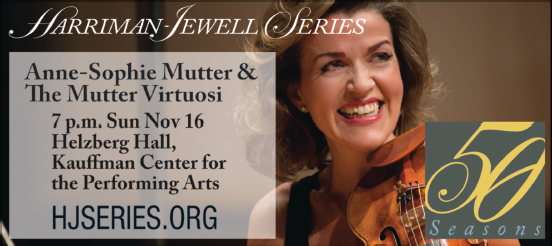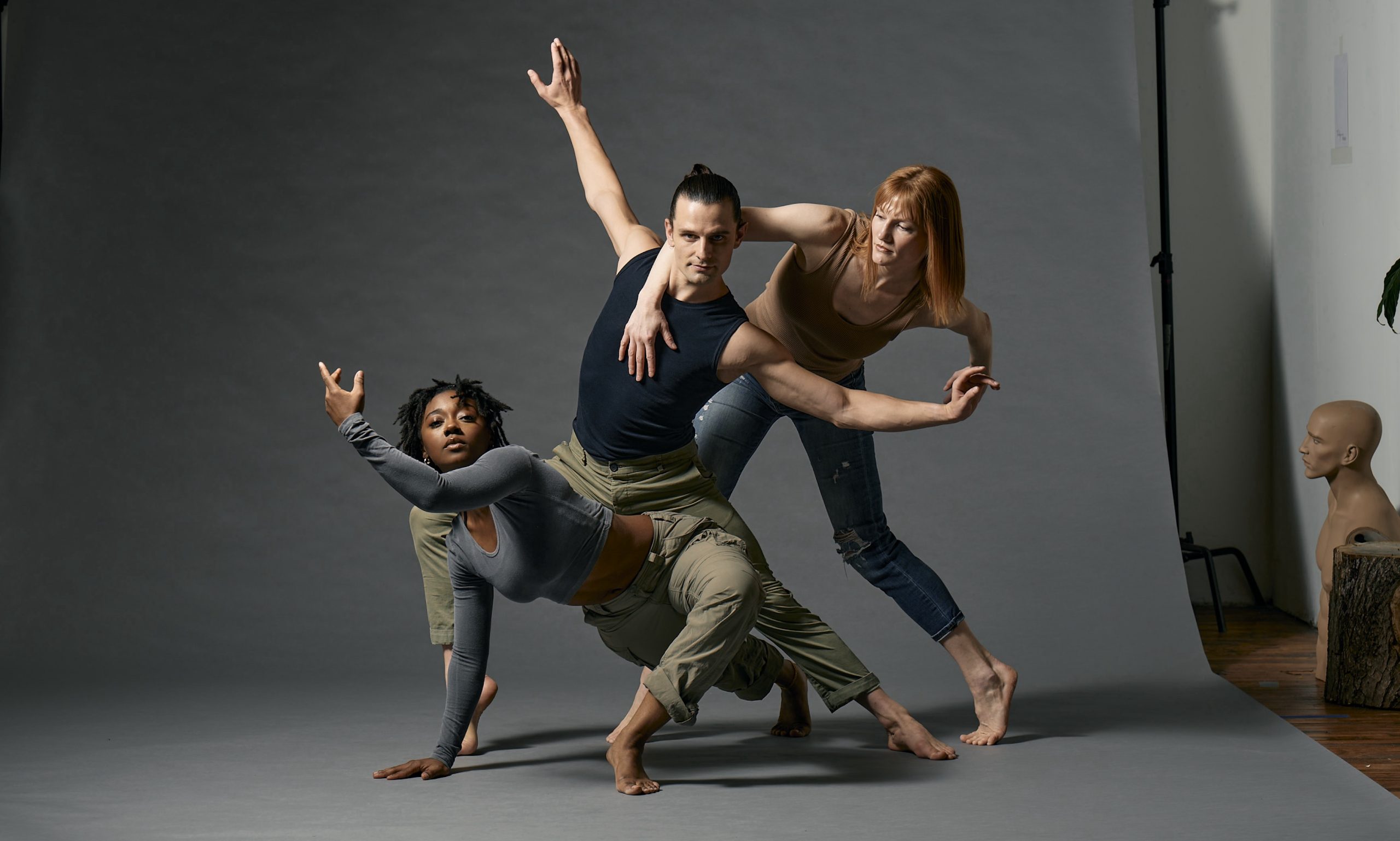NO HAREM APPARENT: Lyric production brings out musical treasures in zany Rossini comedy
By Paul Horsley
The Italian Girl in Algiers contains as much delightful music as about any Rossini opera you could name, and though it is hardly a rarity worldwide it had, up to now, been produced only twice by the Lyric Opera of Kansas City, most recently in 1998. The production that opened November 8th at the Kauffman Center unveiled the opera’s beauties while at the same time hinting, perhaps, at some of the reasons why it is less seldom performed than, say, The Barber of Seville (which the Lyric has presented 10 times). In director Michael Cavanagh’s hands this 1813 opera is a frothy, frivolous romp that takes at face value the wackiness of Robert Innes Hopkins’ and David C. Woolard’s fun-spirited sets and costumes (here featuring Nate Wheatley’s effective lighting and Joanne Middleton Weaver’s wig and make-up designs), first introduced in 2002 at Santa Fe Opera. The singing was fine and although the precision of ensemble between singers and orchestra was dicey in some of the more complex pieces, the Italian conductor Leonardo Vordoni—one of the more inspired young Rossinians today—brought a sense of mirth and joyousness to the score that suggested he believes in this music wholeheartedly.
The set is designed to look like a storybook pop-up page, which forms a series of abstract landscapes when closed and harem-like interiors when folded out (somewhat noisily, by what must be some fairly complex machinery underneath). I say harem-like because the production team has gone out of its way to avoid obvious Islamic references, though it’s hard to deny that the opera deals with an Algerian bey who has kidnapped a headstrong Italian woman in order to make her his “favorite wife” (because he’s bored with the others). Having said that, however, it’s clear in this opera that the Bey Mustafa (sung with bumbling verve by Patrick Carfizzi) has met his match in the outspoken “Italian girl” of the title (Irene Roberts), who is no more intimidated by him than she is by her languid suitor Taddeo (Ben Wager) or by the dashing Lindoro (Taylor Stayton), the man she really loves. East, West, whatever—all men are the same to her: vain, egotistical, easily duped and with plenty of vulnerability behind the bluster.
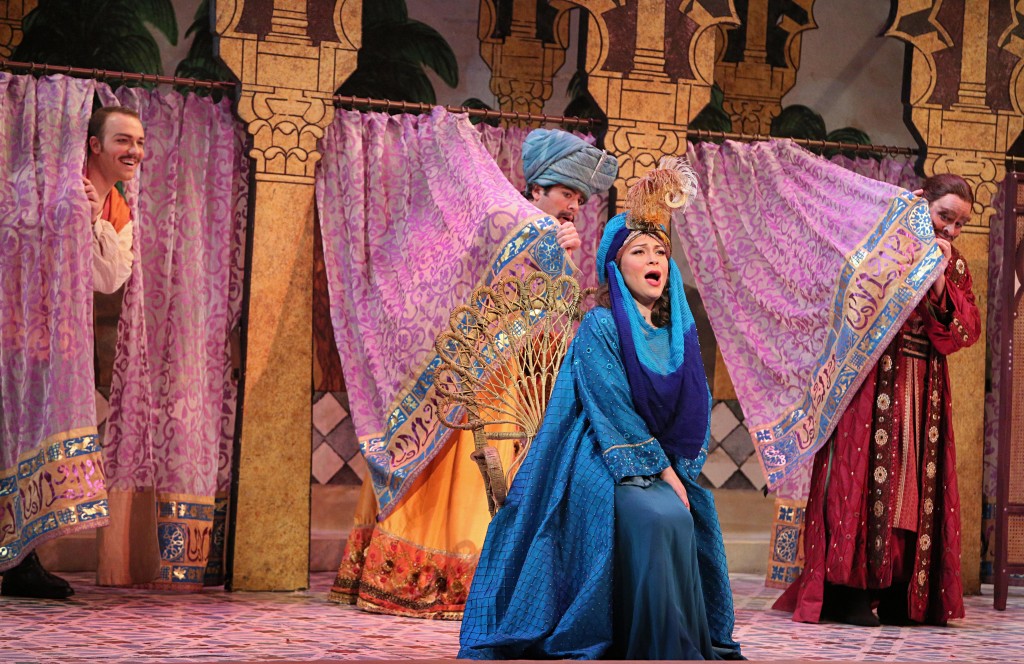
The team has set the opera in a semblance of the 1920s, with Isabella dressed as a plucky Amelia Earhart arriving not in a shipwreck, as in the original, but in a cleverly devised crash of her biplane—which we see first as a tiny model on guy wires high above the orchestra, then onstage as a larger version controlled by puppeteers, and finally as full-sized wreckage far upstage. She has crashed at a seaside resort where her beloved Lindoro is being held captive but is appalled to discover that he has agreed to the terms of his release: He can go only if he takes the bey’s “discarded” wife Elvira (Heather Phillips) with him. All this is to say that there is hardly a deep sense of character development or angst-filled forward-motion in this opera, so it seems natural that it should become a playful farce.
Irene shows strength and drive in the title role, with a mezzo that is luscious and flexible at the top and pleasant, if smallish, in the lower and middle ranges. Patrick displays well-gauged buffoonery as the Mustafa, singing with a delicious bass that, on Saturday, struggled with pitch at the outset but grew more confident. He is to Algerian chieftains what Johnny Depp is to pirates: a caricature whose absurdity undermines any potential concerns about cultural sensitivity. In Act I he dons a heavily-padded, flesh-colored body suit in order to bathe, Turkish-style, with the jittery Lindoro—pampered by a hilarious parade of “eunuchs” who skillfully guide towels, wash cloths, bath toys and whatnot so as to hide his purported nakedness.
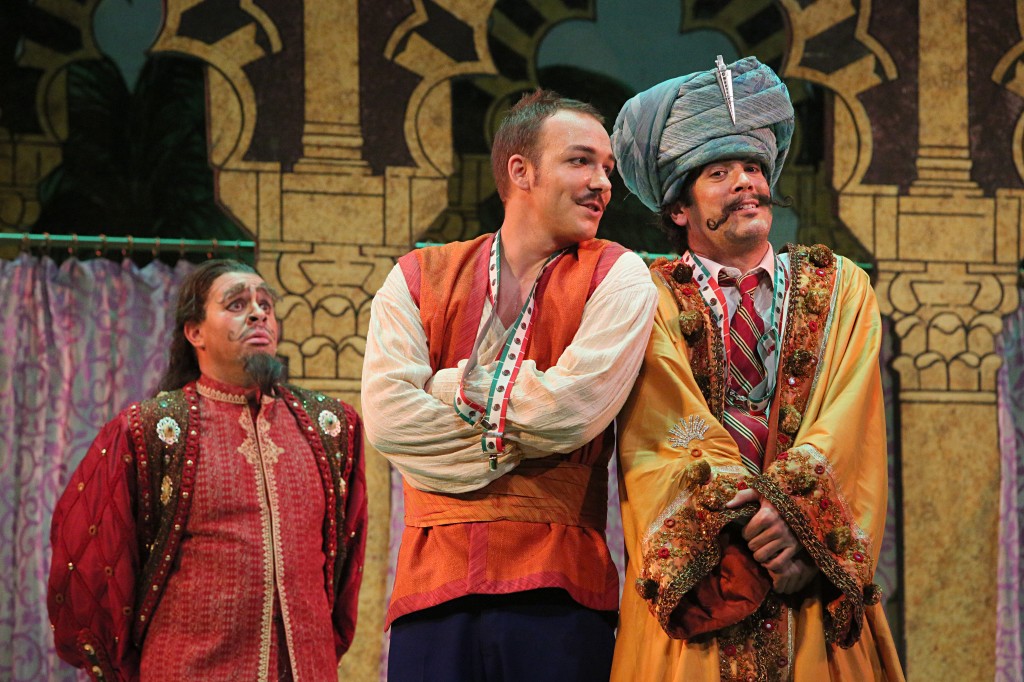
Taylor sings Lindoro with a light, sweet, natural tenor. His voice possesses a lovely top and plenty of flexibility, though on opening night the transparently textured “Languir per una bella” found him struggling for pitch in the upper range. Ben as Taddeo and Heather as Elvira both demonstrate fine vocal prowess, the former teaming with Taylor and Patrick for a delightfully sung, deftly controlled trio in Act II that was perhaps the musical highlight of the evening. The beloved, hilarious Act I finale is filled with such crazy antics onstage—characters paddling or nearly drowning in imaginary water—that you almost forget to notice that singers and orchestra are fighting to stay together. One has a choice in such numbers: Antics? Or rhythmic precision? It’s hard to have both, but soldier on they did.
Act II is a bit more difficult to pull off, but the comedic elements of the Mustafa’s “Pappataci” scene propel us, finally, to the happy ending. The bey’s propensity toward gluttony distracts him from what is really going on: a plot for the Italian lovers to escape. Isabella has rallied Mustafa’s Italian servants with a patriotic “Pensa alla patria” chorus that has been characterized as a precursor to Verdi’s “Va pensiero” from Nabucco. The male chorus, here as throughout, sang exceptionally well. The Kansas City Symphony in the pit performed admirably, too (though one might have asked for more cellos and double basses, as the tutti textures seemed treble-heavy), in particular the wind and horn soloists accompanying numbers in which singers appeared onstage “playing” the instrument heard in the pit.
The Italian Girl in Algiers runs through November 16th at the Kauffman Center. For tickets and information call 816-471-7344 or go to kcopera.org.
To reach Paul Horsley send email to phorsley@sbcglobal.net or find him on Facebook or Twitter (@phorsleycritic).
[slider_pro id=”2″]
[slider_pro id=”3″]
Features
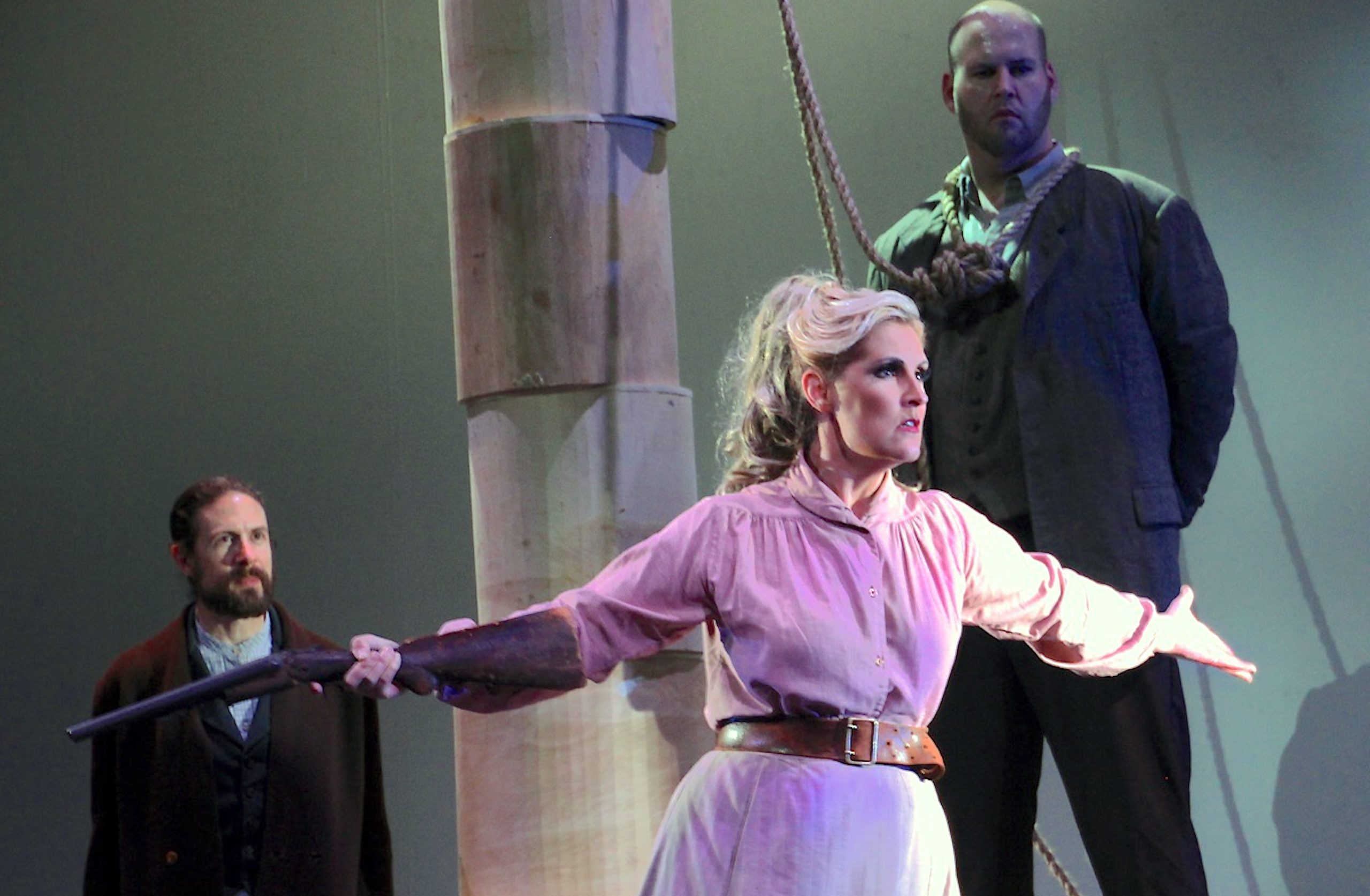
Social and cultural life got off to a slow start in Kansas City’s dusty early years. But in the late-19th and early-20th centuries several of the area’s most durable and…

Lolita Lisovskaya-Sayevich’s seat at the piano is usually several feet behind those of the other musicians onstage. But when the Tashkent native begins to play, you immediately take notice. Her…

Amy Abels Owen caught the theater bug at the age of eight. It happened in downtown Kansas City, where her aunt and grandmother took her to see the touring Broadway…


